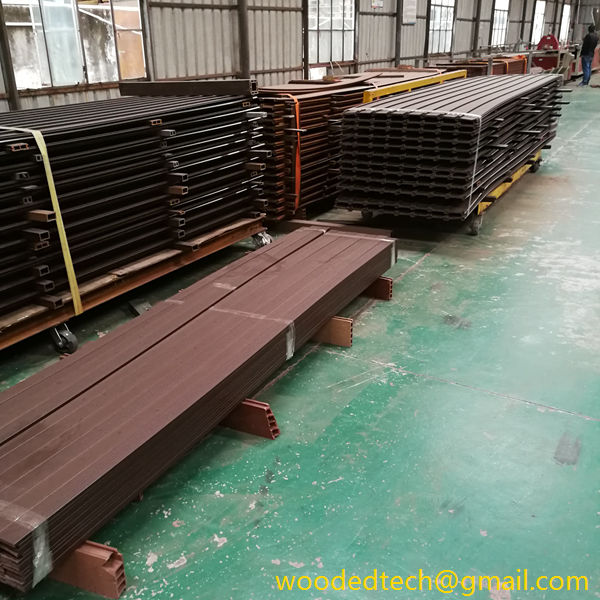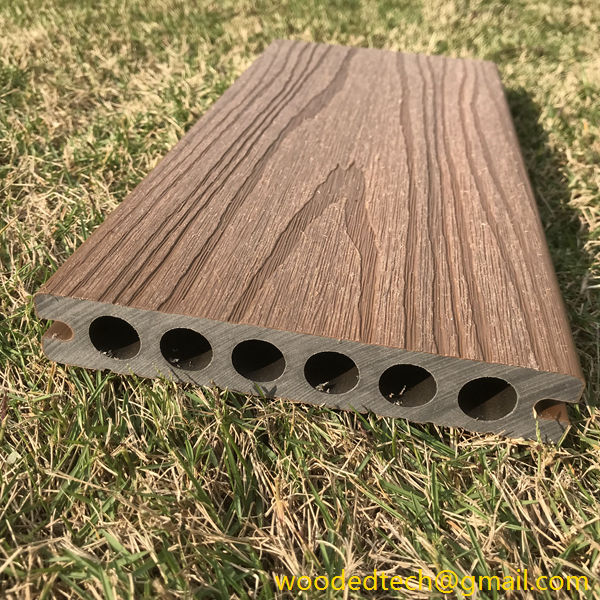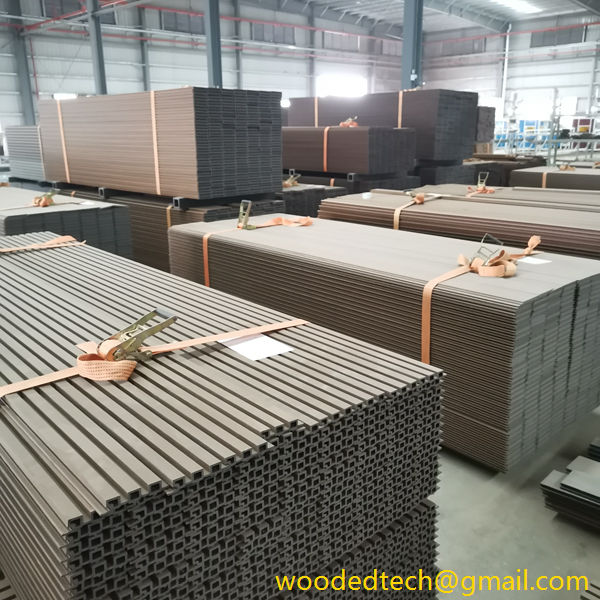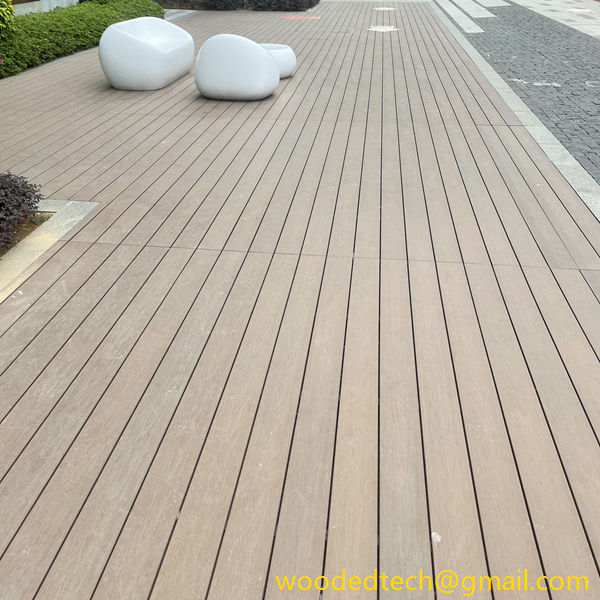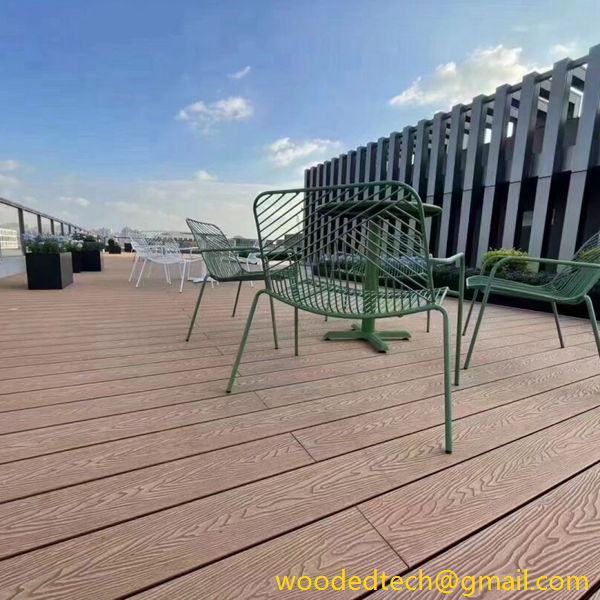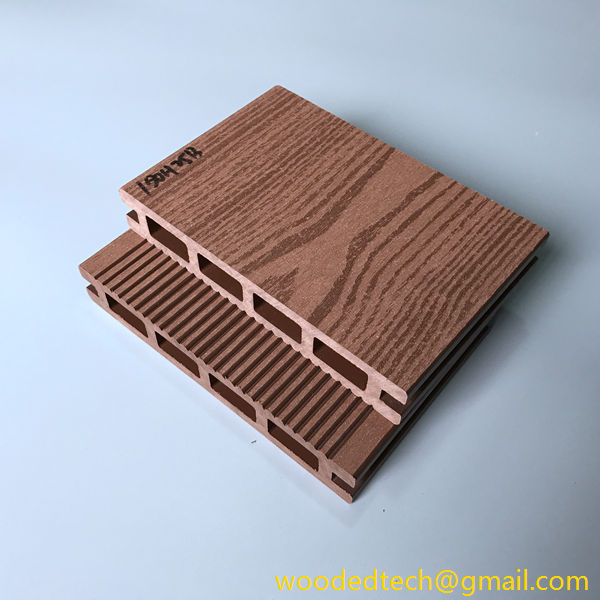What is the difference between wood-plastic flooring and preservative wood flooring?
What is the difference between wood-plastic flooring and preservative wood flooring? According to the feelings and contacts of Muddi in recent years, the use of wood-plastic flooring compared to anti-corrosion wood flooring is just one positive and one negative. That is, the popularity of wood-plastic flooring is getting higher and higher, and the usage rate…
What is the difference between wood-plastic flooring and preservative wood flooring?
According to the feelings and contacts of Muddi in recent years, the use of wood-plastic flooring compared to anti-corrosion wood flooring is just one positive and one negative. That is, the popularity of wood-plastic flooring is getting higher and higher, and the usage rate is getting higher and higher. Many of the design drawings of Party A have clearly marked the words using wood-plastic flooring or plastic-wood flooring. The corresponding amount of anti-corrosion wood flooring used was slightly squeezed.
Both wood-plastic floors and preservative wood floors have a wooden word. So what is the difference between them?
First, the installation loss of wood-plastic profiles is less than that of anti-corrosion wood. Under the same construction area or volume, wood-plastics consume less than anti-corrosion wood. Because wood-plastics are profiles, materials that are close to the required length, width, and thickness can be produced according to the actual size requirements of the landscape project. The length of the anti-corrosion wood is prescribed to be dead, generally 2 meters, 3 meters, 4 meters, and cannot be flexibly modified according to the terrain.
Second, the surface of the wood-plastic floor has been processed and it does not need to be painted. Generally, the wood surface is painted or painted with water-based paint after the construction of the anti-corrosion wood or the construction process.
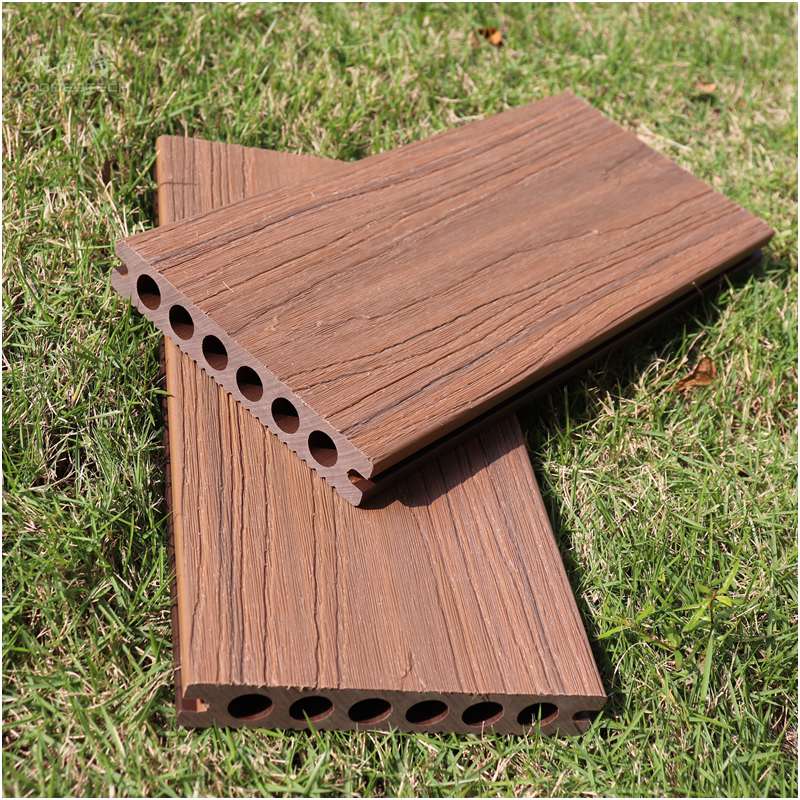
Third, the wood-plastic floor can basically be maintenance-free. This is a very good advantage. It is determined by the characteristics of the wood-plastic itself. Because the wood-plastic floor molding itself is an integral material, even if you wear off the surface, the material of the inner layer Still the same as the surface. The preservative wood generally needs to be maintained or painted in one year due to ambient temperature and humidity and solar ultraviolet radiation. In the long run, the maintenance cost of wood-plastic is far below that of preservative wood products.
Fourth, under the same construction conditions, wood-plastic can win more. Generally, when the outdoor floor is paved and wood is used, it is required to have a thickness of about 45 mm. For plastic wood, only 25mm thick material is needed, and its strength exceeds 45mm anti-corrosion wood. In other words, if the use of wood is 1 cubic meter, then wood plastic only needs about 0.5 cubic meters.
Fifth, wood-plastic is a new type of profile with a lot of hollow specifications. Save a lot of material. Everyone knows that aluminum alloy doors and windows can be popularized so quickly because it is a hollow profile. If it is solid, the price is incredibly high. The wood-plastic hollow saves part, although it is not as high as aluminum alloy, but it is also objective. Everyone knows that hollow can not only reduce weight but also increase strength. Wood plastic can be hollow, and anti-corrosion wood is impossible.
Sixth is the green concept of wood-plastic floor composite energy saving and environmental protection. The dismantled wood plastics can also be recycled and reused, reducing resource consumption and meeting the low carbon economy. Preservative wood requires a lot of high quality wood.
Seventh, in general, high-quality wood-plastic flooring products have a much longer service life than wood preservatives. Generally it can reach several times that of ordinary wood. Foreign materials even show that wood plastic can be used for 20-40 years.
Eighth, wood-plastic floor materials cannot be structurally supported by themselves, and must be firmly attached to the ground or steel brackets. The thicker anti-corrosion wood can support itself.

